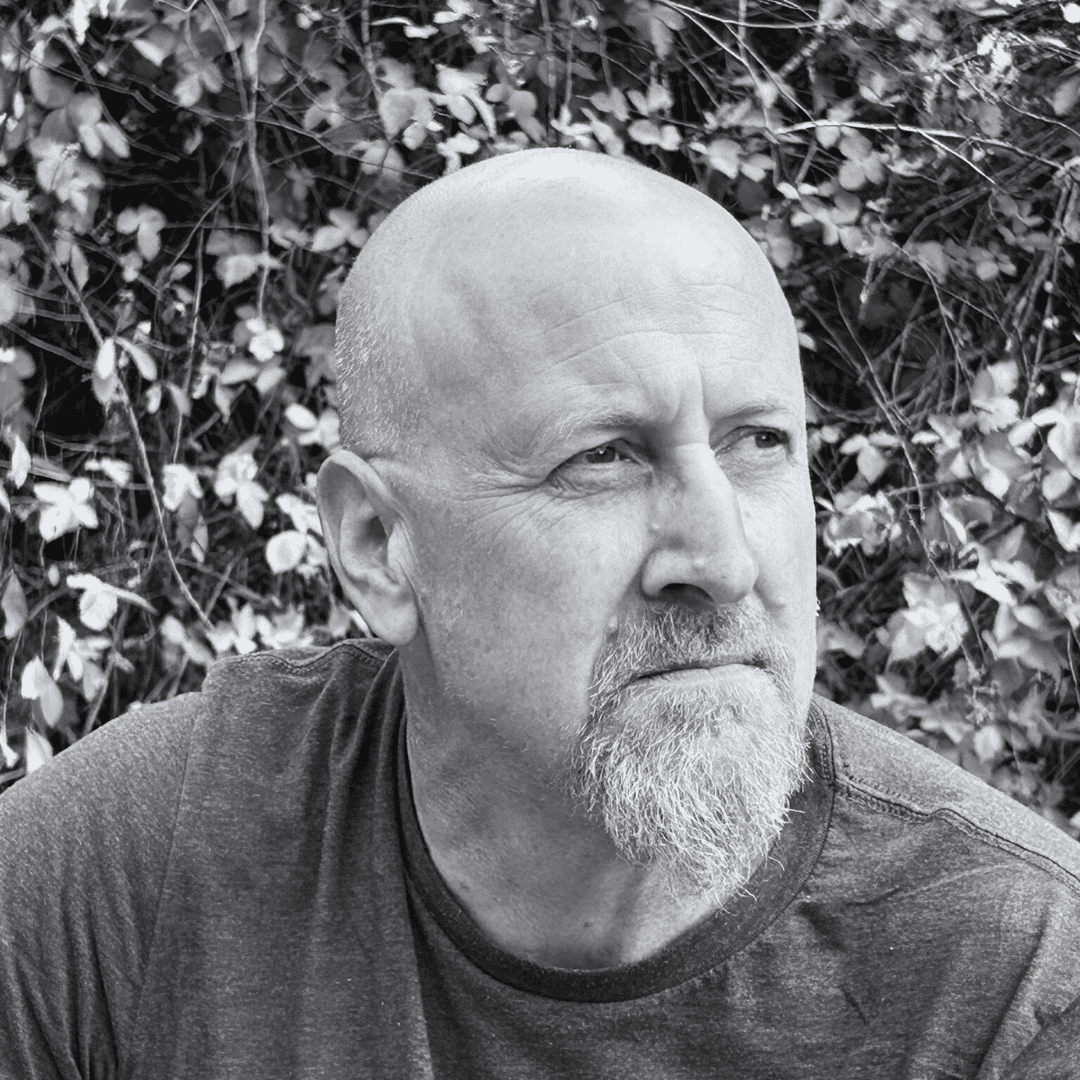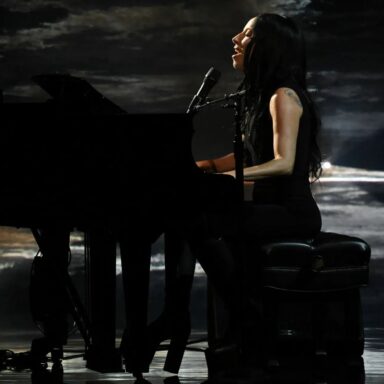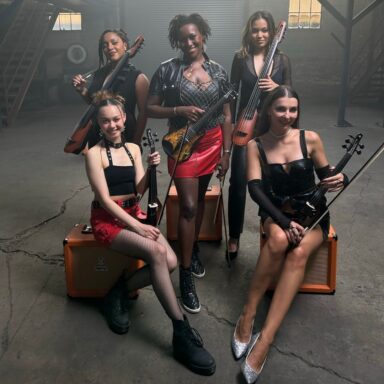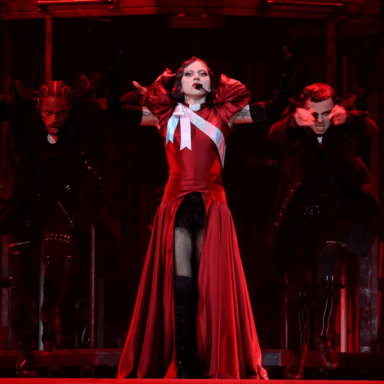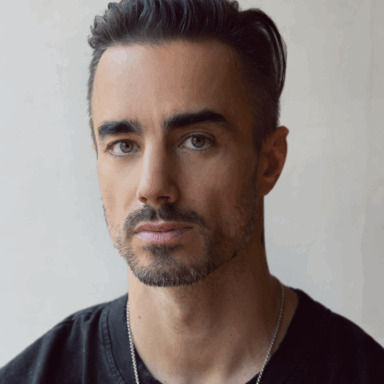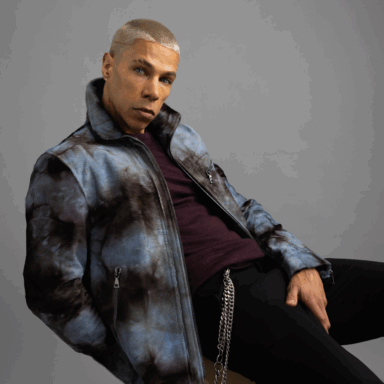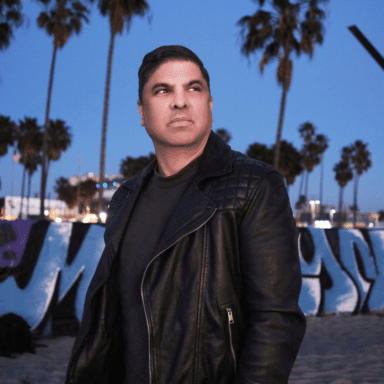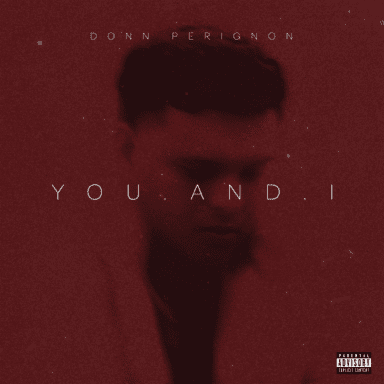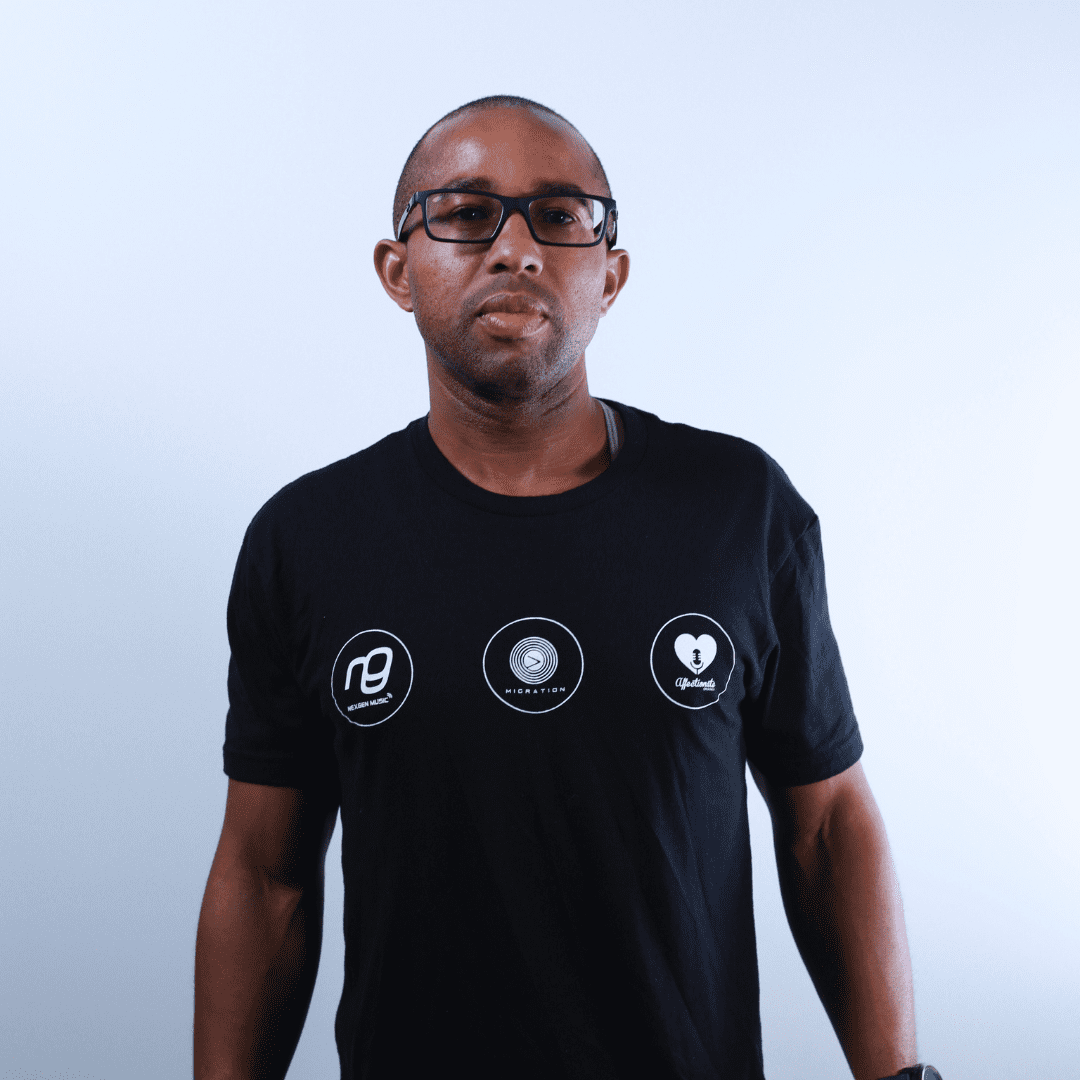Mark Modarelli ’s release, By Any Other Name, delves into thought-provoking themes such as societal reflection and personal independence. The tracks on this EP have been inspired by observations of cultural issues over the years rather than specific events. During our exclusive interview, the promising musician revealed that the title track was influenced by the manipulation of language to change the perception of reality.
He also added that “Shame on Us” was sparked by interviews with individuals who had escaped oppressive regimes and were highlighting worrying trends in the West. While “Folly Marches On” and “Apart” explore increasing polarization, “The Vanity of Wishes” digs deep into timeless questions raised by historical figures.
The artist’s background in English Literature shapes his songwriting, allowing him to present diverse perspectives on universal questions. Mark believes in discovering answers through personal exploration and harnesses modern technology for creativity while staying true to emotional authenticity. He creates music that resonates by focusing on truth and original insights.
By Any Other Name touches on thought-provoking themes like societal reflection and personal independence. Can you recount a particular experience or insight that sparked the creation of the tracks on this EP?
Well, these five tracks sort of all sprang from issues I’ve been watching in the culture for a few years now more than from particular events. The seed for the title track was germinating for a while, as I watched increasing efforts by some to attempt to force language on others, as if getting someone else to use the word we want them to will somehow change the reality it describes.
Having taught and studied language and literature for many years, the relationship between words and things has always been of interest to me. “Shame on Us” was spurred when I listened to interviews with people who had fled oppressive regimes in places like Cuba or the former Soviet Union and who are trying to sound the alarm about disturbing trends here in the West.
“Folly Marches On” and “Apart” spring from the increasing polarization we all see and feel as the two vocal minorities on the extreme continue to force us to choose sides. “The Vanity of Wishes” is something of an oddity in this collection, in that it looks at a timeless issue, pursuing questions raised by both Juvenal in ancient Rome and Samuel Johnson in 18th-century England and attempting to explore their continued relevance today.
I mean, I’m a firm believer in universal and eternal truths, especially where human nature is concerned and so, in some sense, all of these tracks seek to affirm the importance of remembering and valuing these truths in order to live a meaningful and generative life.
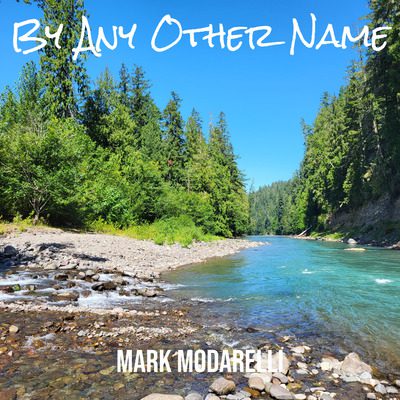
How do you see your background in English Literature and academic pursuits shaping the way you approach songwriting and the themes you explore in your music?
I touched a bit on some of this in the previous response. I can tell you that the study of literature informs and shapes just about everything I create. This thing called life is a wonderful, terrifying, beautiful, frightening mess. There’s no handbook for it and the thing is, it’s happening even as we’re trying to figure it out. So writers, artists, philosophers, who’ve gone before us are really helpful.
Look, we obviously know a lot more about just about everything than previous generations did. But the most essential and enigmatic question we all have is, “Why am I here and what the hell am I supposed to be doing during my brief lifespan?” We’re less blind than we were, but we don’t really see any further into the question which lurks in all of our minds. And of course, it seems to me that this question will remain forever insoluble in any communal sense because the answer is obviously different for every single person, and no one else can provide that answer for us, we have to find our way to it on our own.
So I would argue that great writers don’t provide answers so much as present diverse ways of shaping the questions, which can help us find ways to discover the answer for ourselves. It gives us new ways of seeing, more than sights to be seen. Sometimes a single line or phrase will shape a song for me. I often listen to “seeds” (tracks in early development with no vocals) in the car and just sort of sing along, letting words and phrases flow freely, mostly nonsense just to get a sense of potential melodies, etc. But occasionally a phrase I had forgotten from a poem comes out and proves the cornerstone of a song. “Rolling Evermore,” the last track on Strange to Me, is an example of that, or “The Seventh Addition” a track I did with Modarsky.
The music production landscape has been reshaped by technology. Could you elaborate on how you strike a balance between leveraging modern tools for creativity and maintaining the organic, emotional essence of your songs?
Good question for me. I really got going during lockdowns and so I’m quite literally doing everything but mixing and mastering myself. Composing, recording, etc. And everyone should know, I simply could not produce all this myself without the technology. Patching together parts, vocal harmonies, etc. I mean, I have to create acoustic versions of all of my material to play live anywhere. I was only ever formally trained on drums and vocals, so the learning curve has been steep.
So yeah there’s a real challenge there for me. But at the same time, my core creative philosophy is to get after the truth everywhere with all of myself. I could never try to force a song, regardless of the technology involved. I mean, my process is like this, I’ll sit down and plunk around, when I land on a progression I like, I’ll record it, then record a couple other ones to go with it. Then I’ll take those progressions and try them out in different orders and sequences, (again something I couldn’t do without technology).
When I land on one I think I like, I’ll usually start trying some effects to see what works. Then I’ll upload it as a seed and spend some time listening to it while driving or working out, usually within a few days I might add the bass lines, maybe piano, some pick parts, and start experimenting with vocals in the car. I describe this period as “trying to figure out what the song wants to be about.” Weird expression, I know, but that’s really what it feels like. While technology makes that process easier, the idea of learning what the song “wants to be about” is how I maintain that organic, emotional essence, which I hope will resonate with listeners.
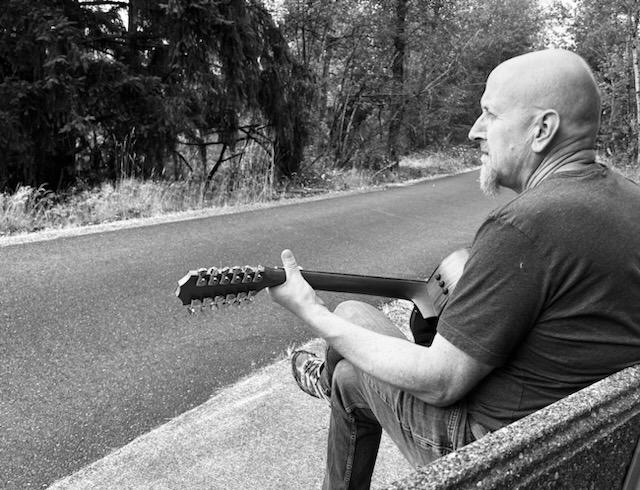
Previous releases such as Songs of Hope and Solace and Strange to Me, hint at deeper emotional currents. How do you channel your personal experiences and feelings into your music while still making it relatable to your listeners?
Well there’s the rub, isn’t it? Seems to me that’s been the challenge for artists at least since the 18th century and a real problem now is that we’re increasingly told that if an artist isn’t the same race or gender as us they can’t understand or have anything of value to say to us. Using this specificity to touch the universal audience is always the tricky part.
In response to this question I can really only say this, it’s my sincere conviction that if I focus on getting after the truth, I can give people new ways of seeing, new ways of framing the questions surrounding their own experiences. So when I do it right, the listener isn’t being given just a specific scene or event, but rather is hopefully presented with a new lens, a different way of seeing their own lives and events, which hopefully helps them get closer to finding their own answers.
Your commitment to offering comfort and motivation through your music shines through. Could you share a particular story or feedback from a fan that reaffirms your belief in the transformative power of art?
Yeah, just a few weeks ago, I got a DM from a woman I worked with years ago. We’d interacted occasionally on social media over the years, you know, expressing sympathy at loss and such. She wrote to tell me that things had been very difficult for her in recent years and that my music had really helped her out. It’s such a humbling thing to hear and it means more to me than any number of likes or followers and certainly more than material rewards.
One of the things that literature has helped me come to terms with is that we’re not going to end suffering in the world. We can’t prevent it and, indeed, it’s only suffering that lets us know how good we have it when we’re not suffering since everything we know in life we know by difference and contrast. So in a world where suffering is inevitable, we can either be contributing to or alleviating suffering. I said this in an interview elsewhere and I really believe this. I put a lot of work into my music, make a lot of sacrifices and spend a lot of money to get it out there. If just one person finds the burden of life a little easier or sees the beauty of it even just a bit more clearly, then it’s been more than worth it.
In what ways do you perceive the evolution of your sound from past projects to By Any Other Name, and what direction do you envision your music taking in the future?
Wow, another good question. Well obviously I’m learning a lot as I go. There’s a rawness to the energy of Songs of Hope and Solace, and a lot of the pieces are more straightforward (for lack of a better word) in terms of, say, rhythm and structure. Now Strange to Me sees me pushing things a bit more, more complex bass lines interwoven with more intense rhythm guitar work and spicier drum parts.
And as the tracks for By Any Other Name took shape, I found that I was creating pieces which, if they didn’t change time signature, for example, nonetheless incorporated different movements and progressions, different rhythmic structures within a single unity. This was something I just don’t think I was doing much even on Strange to Me. Some of the themes overlap at places, and lyrically I don’t feel as if the same evolution is occurring or at least not at the same rate. But remember, if I’ve only recently returned to really deep work with music, I’ve been working with language and writing poetry for most of my adult life so it’s not surprising that change would be more incremental there.
Could you share any ongoing projects you’re currently engaged in? Can we expect any music videos for the singles from your EP?
I’m working on more releases at the moment. For some reason I’ve been really interested in how memories (say of past relationships), rather than being just impressions of past things or mistakes we’ve left behind, still form at least a part of who we are in the present. So, I’ve got a song called “All Those Yesterdays” in development and some other seeds. which have yet to let me know what they want to be about, as it were.
As for videos, well time and budget are the issues there. I’m still teaching full time so as the school year gets rolling things become tricky. But, I do know how videos are important in spreading material these days, so it’s definitely something I am looking into.
Listen to By Any Other Name below:
